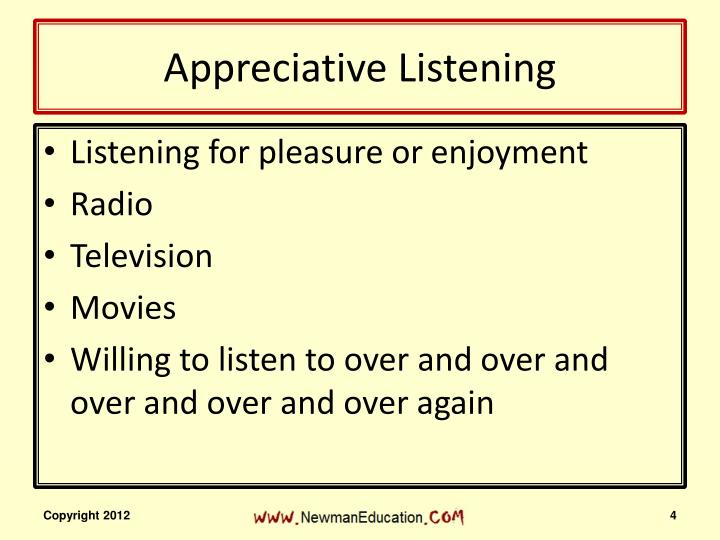


Level 1: The speaker feels ignored, unvalued, and is unlikely to share again. Yield is the speaker’s level of confidence in the interaction and is a measure of success for the ability to listen appreciatively. Accept what the speaker is saying using affirmative language like, “Tell me more,” and, “That’s helpful information.” Say “yes and” to their ideas, build off of their information, and be sure to appreciate more than criticize. Maintain eye contact and open body language. At the same time, suspend judgement- don’t assume you know what the person is about to say. Give the speaker your undivided attention. Are you present for the listener? Stop what you are doing, make eye contact, and check your body language. In order to guide leaders through the listening process, we employ our signature PLAY model of Appreciative Listening: Appreciative Listening is one skill we believe every leader needs to learn, which is why we include it throughout our leadership programs. Motivation, trust, communication- these are key ingredients of a team that is able to innovate and effectively leverage creative problem solving. We know that team members who feel valued or appreciated have a higher motivation to contribute, hold a higher level of trust, and are more willing to share ideas. By combining active listening with positive psychology, our Appreciative Listening framework makes it simple and even fun to listen to those who we agree AND may disagree with. The goal of Appreciative Listening is to make the speaker feel valued, and truly understood without judgment. If you’re sharing with your boss, and your boss only remembers 20% of what you shared, then why even bother sharing at all?Īt Ziksana, we believe that successful leaders move beyond listening to hear and instead build the skill of listening to appreciate. How much of that conversation do you remember? 50%? 20%? Think about the last conversation you had with a coworker. If you’re like most modern-day workers, you’re probably so torn between emails, smart phones, task lists, and deadlines that your human-listening skills aren’t what they should be.


 0 kommentar(er)
0 kommentar(er)
